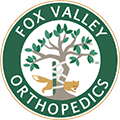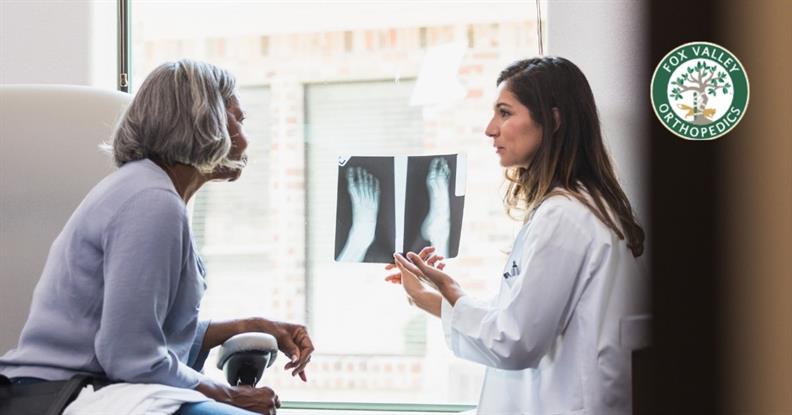Why Do I Need Pre-Op Clearance Before Orthopedic Surgery?
- Posted On:

Preoperative medical evaluations are necessary prior to many types of surgery. This assessment provides meaningful information to an orthopedic surgeon. Its purpose is to evaluate any medical problems present and how they might affect the patient’s operative risk. By assessing the patient’s fitness for surgery in advance, it offers both patient and surgeon with realistic expectations of what complications could arise during and after surgery and determine the interventions the patient needs to lower that risk.
The typical scope of a pre-op checkup before surgery includes:
- Taking a medical history
- Physical examination
- Checking vital signs
- Urinalysis
- Electrocardiogram (EKG)
- Blood tests
Your orthopedic surgeon will refer you to your primary care provider to have a preoperative medical consultation to provide the surgeon with up-to-date information about the patient’s medical condition and how they are likely to respond to anesthesia. This information is useful to help the patient recover as quickly and safely as possible after orthopedic surgeries such as total joint replacement, fracture resetting, or back surgery, among many other types of orthopedic surgeries. Pre-op clearance also ensures the patient can proceed with surgery with minimal risk. However, even higher-risk patients can proceed with surgery if the anticipated benefits of the surgery outweigh the risks.
What if My Orthopedic Surgery Is Immediate?
In cases where a surgical procedure is urgent, such as a traumatic sports injury requiring an emergency operation, your surgeon will use their best judgment to determine if there is time for pre-op clearance or if an in-hospital medical provider such as a hospitalist can provide the assessment needed.
No patient is free of risk when undergoing an orthopedic surgical procedure, but the goal of a pre-op evaluation is to determine your level of risk and to identify ways to mitigate those risks. To learn more, please contact us at Fox Valley Orthopedics at (630) 584-1400.



